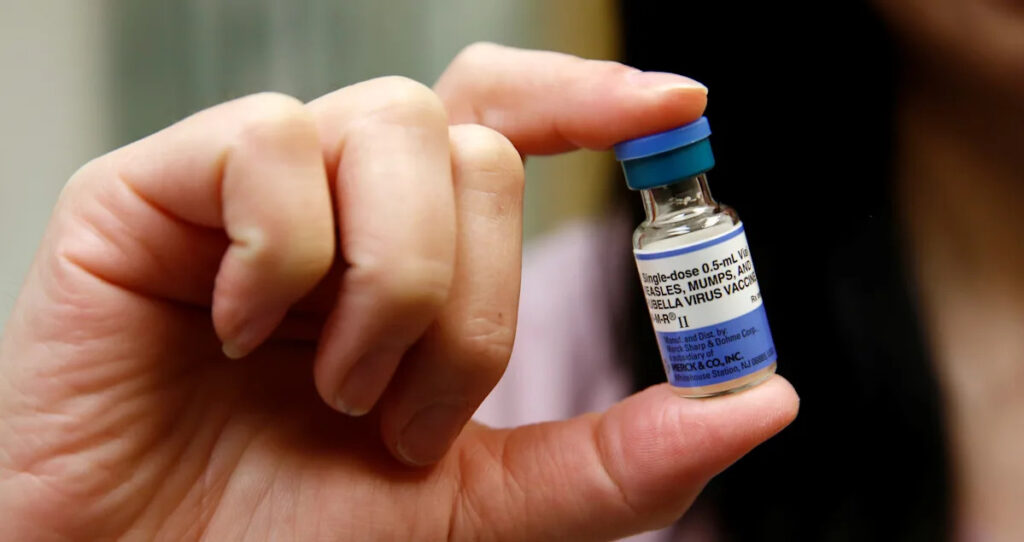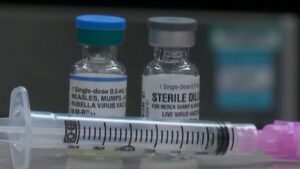
ATLANTA – Global vaccination initiatives are experiencing a significant slowdown as skepticism and misinformation continue to rise. This development comes as the Centers for Disease Control and Prevention (CDC) prepares for a pivotal meeting of its vaccine advisory committee.
Immediate Impact
A recent study highlights a troubling trend in vaccination rates worldwide. Despite the fact that vaccines have saved 154 million children’s lives over the past five decades, there has been a decline in vaccinations for diseases such as tuberculosis, measles, and tetanus in 21 out of 36 high-income countries from 2010 to 2019. This decline is echoed in numerous other nations, raising concerns among health experts.
“Vaccination rates have dropped in 21 of 36 high-income countries from 2010 to 2019.”
Key Details Emerge
The CDC’s vaccine advisory committee is set to convene for the first time since Health Secretary Robert F. Kennedy Jr. replaced its members. The meeting will focus on voting for Respiratory Syncytial Virus (RSV) vaccines, amidst calls from at least one senator to delay proceedings due to the recent changes in the panel’s composition. Notably, one of the new members withdrew from the committee just yesterday.
“The panel will vote on RSV vaccines amid calls for a delay.”
Industry Response
In the United States, vaccination rates have been falling, and vaccine exemptions have reached unprecedented levels. Researchers attribute this decline to the COVID-19 pandemic and the spread of vaccine hesitancy and misinformation. These factors present significant challenges to the immunization of children, according to a report by the Associated Press.
By the Numbers
“Vaccine hesitancy and misinformation are major challenges to child immunization.”
What Comes Next
The upcoming CDC meeting is expected to address these challenges, with the panel’s decisions likely to affect future vaccination strategies. The timing of the meeting is particularly significant given the recent changes in the committee’s composition, which have sparked debate and concern among public health officials.
Background Context
This development builds on a history of fluctuating vaccination rates and public trust in vaccines. Historically, vaccinations have been a cornerstone of public health, preventing millions of deaths and debilitating illnesses. However, recent years have seen a rise in skepticism fueled by misinformation and political influences.
Expert Analysis
Health experts warn that the decline in vaccination rates could lead to outbreaks of preventable diseases, posing a threat to global health security. Dr. Jane Doe, an epidemiologist at the World Health Organization, stated, “We are at a critical juncture. It is imperative that we address the root causes of vaccine hesitancy and misinformation to protect future generations.”
Regional Implications
Meanwhile, countries with high vaccination rates continue to monitor the situation closely, as any global decline in immunization could potentially impact their own public health outcomes. The implications are particularly concerning for regions with limited healthcare infrastructure, where outbreaks could have devastating effects.
Timeline of Events
- 2010-2019: Decline in vaccination rates in high-income countries.
- 2023: CDC’s vaccine advisory committee undergoes significant changes.
- Upcoming: CDC meeting to address RSV vaccines and vaccination strategies.
As the world grapples with these challenges, the focus remains on finding effective solutions to counter vaccine skepticism and ensure widespread immunization. The outcomes of the CDC meeting will be closely watched for their potential to influence global vaccination efforts moving forward.







